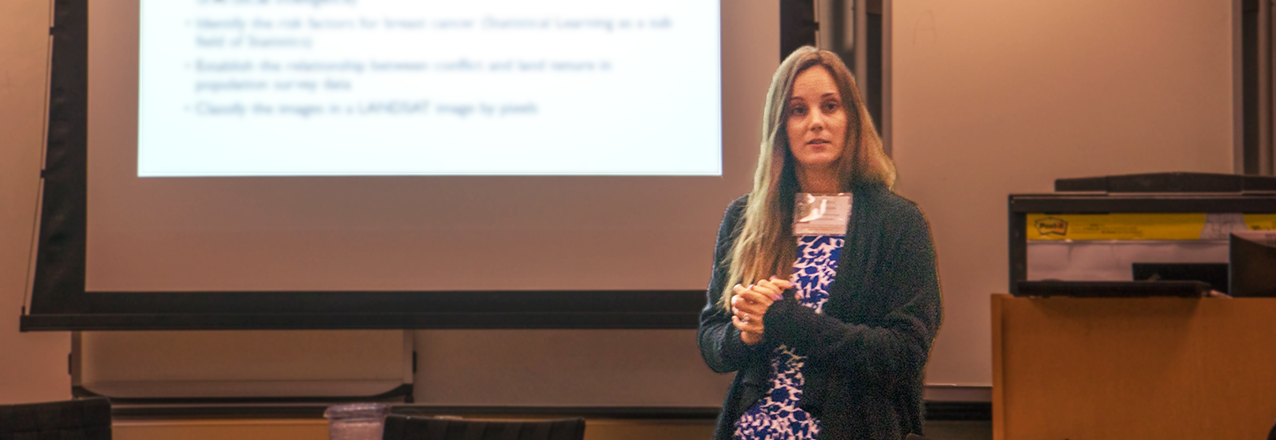Originally appeared on USAID’s LandLinks.
LandLinks caught up with Dr. Heather Huntington, Land Tenure and Natural Resource Management Impact Evaluation Specialist with The Cloudburst Group to discuss a key research paper on tenure security that she has been developing under USAID’s Evaluation, Research and Communication (ERC) Project. The research compares datasets across seven impact evaluations in customary systems across Africa to provide a greater understanding of tenure and local governance perceptions.
Here is what Dr. Huntington had to say (this interview has been edited and condensed for clarity):
“One of the valuable things about this research is the detailed, targeted information on tenure security issues and local governance context. The research is based on a portfolio of impact evaluations that have been designed to capture similar household and village level data across multiple countries. The datasets are based on comprehensive survey instruments that were developed with the goal of promoting cross-site comparisons through comparable modules and questions. As such, the paper draws on several different indicators for tenure security and perception of challenges—and it does this across diverse contexts, analyzing the same set of challenges and replicating them across countries.
Across the datasets, we have a set of modules that specifically ask about local governance challenges, successes, and have numerous indicators to draw from. The paper provides information on people’s experience with land conflict and working with local systems to manage that conflict. The research also provides data on the proliferation of land documentation and what percentage of households have it as well as who feel that land documentation would improve their tenure security.
The findings have been surprising:
- A high level of tenure security expressed by the constituents.
- High level of satisfaction with local authorities.
- The overwhelming majority of survey respondents don’t actually feel that their land and access to land is under threat. They feel that their local leaders are protecting the land to the best of their abilities given the local context.
- We’re seeing a trend of very low land documentation but still high assessments of tenure security. One of the implications here is, do we need to rethink this emphasis on land documentation in customary contexts, especially development programming that pushes individualized documentation? Or, would it make sense to focus on higher level customary boundaries and strengthening local institutions to manage their own lands?
- In Liberia, there’s a lot of large-scale lease activity occurring, but only 7 percent of our respondents said they were worried about losing their community land to investors. In contrast, in our study area in Zambia, we had over 25 percent of respondents reply that they were concerned about land reallocation for investment purposes. We would have expected to see those numbers flipped around, due to the expectation of a higher degree of investment pressure in Liberia. This is something that needs to be explored in both of these evaluations (Tenure and Global Climate Change and Community Land Protection Program) and highlights the importance of within country context.”
Read the full Q&A on USAID’s LandLinks.

